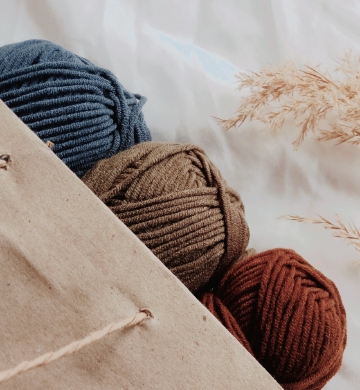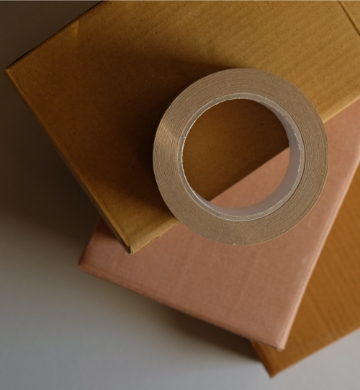We see green.
When we look to the future of garment production, we see green. We recognize the importance of incorporating environmental stewardship into every aspect of our operations and our relationships with our clients and suppliers. Cameo’s commitment to sustainability is also a commitment to ongoing innovation in order to propel our business — and yours — forward.
Cameo’s assurance to you that this product is produced with certified recycled materials. We work closely with our partners to ensure that these recycled materials are genuine quality product.

5.2 million
recycled plastic bottles
In 2020, we integrated the equivalent of 5.2 million recycled plastic bottles into high-quality synthetic fibres in manufacturing Cameo socks, headwear, neckwear, base layers and other knit products.
Working in conjunction with our partners, we are constantly looking for new ways and ideas to build on our environmental successes. By 2025, Cameo will surpass 30 million plastic bottles saved from oceans and landfills.
Organic Materials
We are actively exploring other avenues to produce materials using renewable plant-based fibres with a low environmental impact. Our current product offering includes fibres made from kapok, corn, seaweed and other naturally sustainable materials in addition to other regenerative alternatives. Some of these fibres also provide the additional benefit of natural technical features such as a lighter weight, thermal efficiency and moisture wicking.
Organic Materials
We are actively exploring other avenues to produce materials using renewable plant-based fibres with a low environmental impact. Our current product offering includes fibres made from kapok, corn, seaweed and other naturally sustainable materials in addition to other regenerative alternatives. Some of these fibres also provide the additional benefit of natural technical features such as a lighter weight, thermal efficiency and moisture wicking.

Cotton
Wool
Recycled wool is another highly sustainable option. Apart from keeping used wool garments out of landfills, recycled wool saves a considerable amount of water and reduces the need for chemical dyes. Compared to virgin wool, recycled wool products use 500 litres (130 gallons) less water per kilogram and generate 11 kilograms (24 pounds) less carbon dioxide.
Wool
Recycled wool is another highly sustainable option. Apart from keeping used wool garments out of landfills, recycled wool saves a considerable amount of water and reduces the need for chemical dyes. Compared to virgin wool, recycled wool products use 500 litres (130 gallons) less water per kilogram and generate 11 kilograms (24 pounds) less carbon dioxide.

Synthetic fibres
Packaging
We make it a point of minimizing our packaging at every step of the manufacturing and shipping process. We have set ourselves a goal of reducing overall packaging volume and are committed to using lower-impact kraft paper and/or FSC-certified materials for a smaller environmental footprint. In addition, we are enrolled in sustainable packaging stewardship programs in the aim to reduce our carbon emissions.
Packaging
We make it a point of minimizing our packaging at every step of the manufacturing and shipping process. We have set ourselves a goal of reducing overall packaging volume and are committed to using lower-impact kraft paper and/or FSC-certified materials for a smaller environmental footprint. In addition, we are enrolled in sustainable packaging stewardship programs in the aim to reduce our carbon emissions.

Have a project in mind?
We’re listening!
Have a project?
Do you have a winning idea you’re looking to develop with a partner who brings a combination of manufacturing expertise, industry experience and market insight to the table?